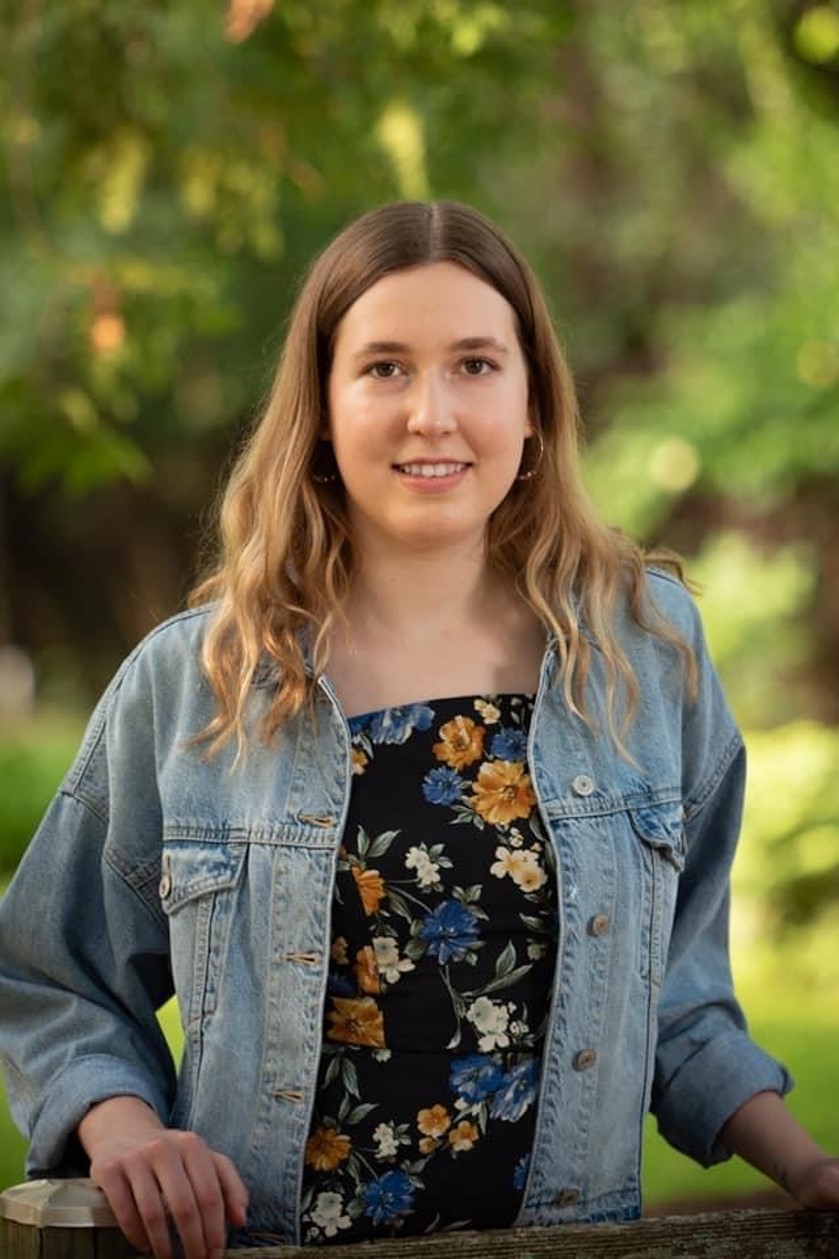As any doctor will tell you, proper nutrition is a key component to living a long, healthy life. However, when pressed further, most doctors are unable to discuss what “proper nutrition” entails with their patients. Unfortunately, this is because the average amount of nutrition training doctors receive during medical school is less than 20 hours. Given the enormous impact our nutrition has on our health, this lack of training does patients a great disservice. So if you can’t go to your doctor to learn about nutrition, who can you go to? This is where dietitians come in. Continue reading to learn what a dietitian does and how they can help you.
What is a dietitian?
A dietitian, otherwise known as a registered dietitian (RD), is a board-certified food and nutrition expert. They are highly knowledgeable health professionals who have obtained at least a bachelor’s degree, completed a supervised internship, and passed a national exam. In addition, every five years, dietitians are required to complete 75 hours of further training to ensure they are staying up to date with the ever-evolving nutrition research.
Like most other medical professionals, dietitians work one-on-one with patients to improve their physical, and often mental health, through science-backed nutrition therapy or counseling. You can find dietitians across a wide range of settings, including hospitals, outpatient clinics, research institutions, college campuses etc.
What is the difference between a dietitian and a nutritionist?
Chances are you’ve probably heard the term “dietitian” and/or “nutritionist” at least once in your life. But is there a difference between these two titles? The answer is yes!
Today, there are many states across the U.S. that don’t regulate the use of “nutritionist,” meaning anyone can call themselves a nutritionist despite not having any nutrition-related training or expertise. Of course, this isn’t true of all states. Some states offer accredited titles, such as Certified Nutrition Specialist (CNS), or state licenses, such as a Licensed Dietitian Nutritionist (LDN) license.
We know this might still be confusing, so feel free to check this link from the American Nutrition Association to see whether your state regulates the nutritionist title.
What is an eating disorder dietitian?
An eating disorder dietitian is still a registered dietitian. However, what differentiates them from other dietitians is that they specialize in the recovery and treatment of eating disorders. Eating disorder dietitians have extensive experience within the eating disorder field and are constantly seeking continuous clinical supervision and training. Their knowledge extends into both the medical and psychological impacts of eating disorders.
Here are the various services eating disorder dietitians can offer their patients:
1. Nutrition Therapy
One of the most fundamental services eating disorder dietitians provide is medical nutrition therapy. This is defined as nutrition-based treatment provided by a registered dietitian, which includes nutrition counseling for various medical needs and chronic illnesses.
2. Food Planning and Support
Eating disorder dietitians assist clients with menu planning, creating interventions for eating disorder behaviors, doing food exposures, grocery shopping, and more.
3. Medical Monitoring and Collaboration of Care
Eating disorders are serious conditions that impact individuals both physically and mentally. Eating disorder dietitians are knowledgeable about the medical complications of eating disorders and they commonly work with medical doctors to monitor their client’s various health aspects such as vitals, labs, and growth charts.
To learn more about eating disorder dietitians be sure to check out our other blog, “What Does an Eating Disorder Dietitian Do?”
About Our Courage to Nourish Dietitians
Our Courage to Nourish dietitians are highly specialized in outpatient eating disorder treatment, are Health At Every Size (HAES) informed, and are trained to help clients to manage nutrition concerns through a weight-inclusive framework. Our team of dietitians is dedicated to providing non-stigmatizing care for all bodies and improving their client’s relationship with food.
Our dietitians take on a small caseload for individualized, quality care and provide email and text support as needed. You can learn more about each of our dietitians here!
Closing Thoughts on what Dietitians Do and How They Can Help You
Like any medical professional, dietitians are dedicated to improving the health and lives of their patients. Furthermore, when it comes to the prevention of many chronic illnesses and conditions, dietitian interventions (i.e. nutrition counseling) are often more effective and pleasant than non-dietitian interventions (i.e. taking medication). At Courage to Nourish we believe, even if you don’t have an eating disorder, that working with a dietitian could greatly improve your life. In a world weighed down by misinformation and diet culture, dietitians can help educate you on the science of nutrition while helping you become more in tune with your body so you can better fulfill its needs.
Contact Us
Courage to Nourish is a group of eating disorder specialized dietitians. We have in person locations in Alexandria, Virginia, Columbia, Maryland. and College Park, Maryland. We offer virtual services across the state of Virginia, Washington DC, Pennsylvania, and Colorado. We offer individual nutrition therapy. As well as support groups. We would love to guide you in building a better relationship with food.
Contact us for more information. And to schedule a discovery call. Also, sign up for our client or clinician newsletter!
Take one of our eating disorder quizzes:

Leslie Bredehoeft, Student Intern
Hi! I’m Leslie Bredehoeft and I’m an intern at Courage to Nourish. I am currently an undergraduate student at the College of William & Mary, majoring in Kinesiology with a concentration in Human Nutrition and minoring in English. After receiving my B.S. I plan to go to grad school to pursue an M.S. degree and become a registered dietitian. As a registered dietitian, I hope to educate my clients on the science of nutrition and help better their relationship with food.


